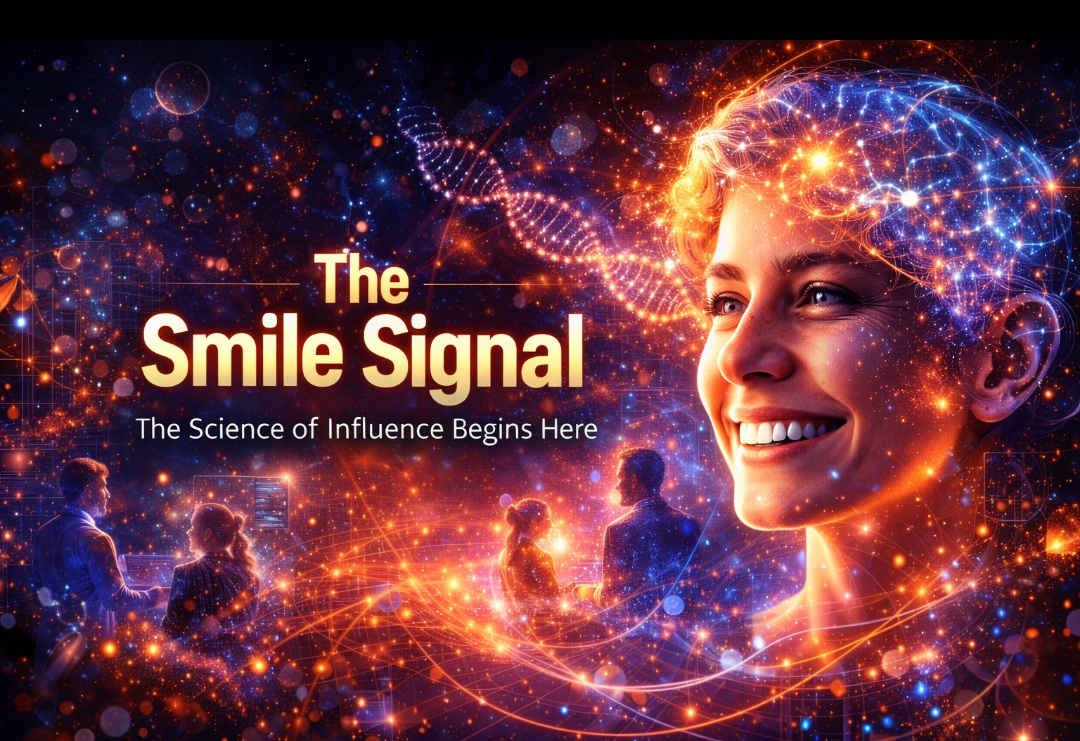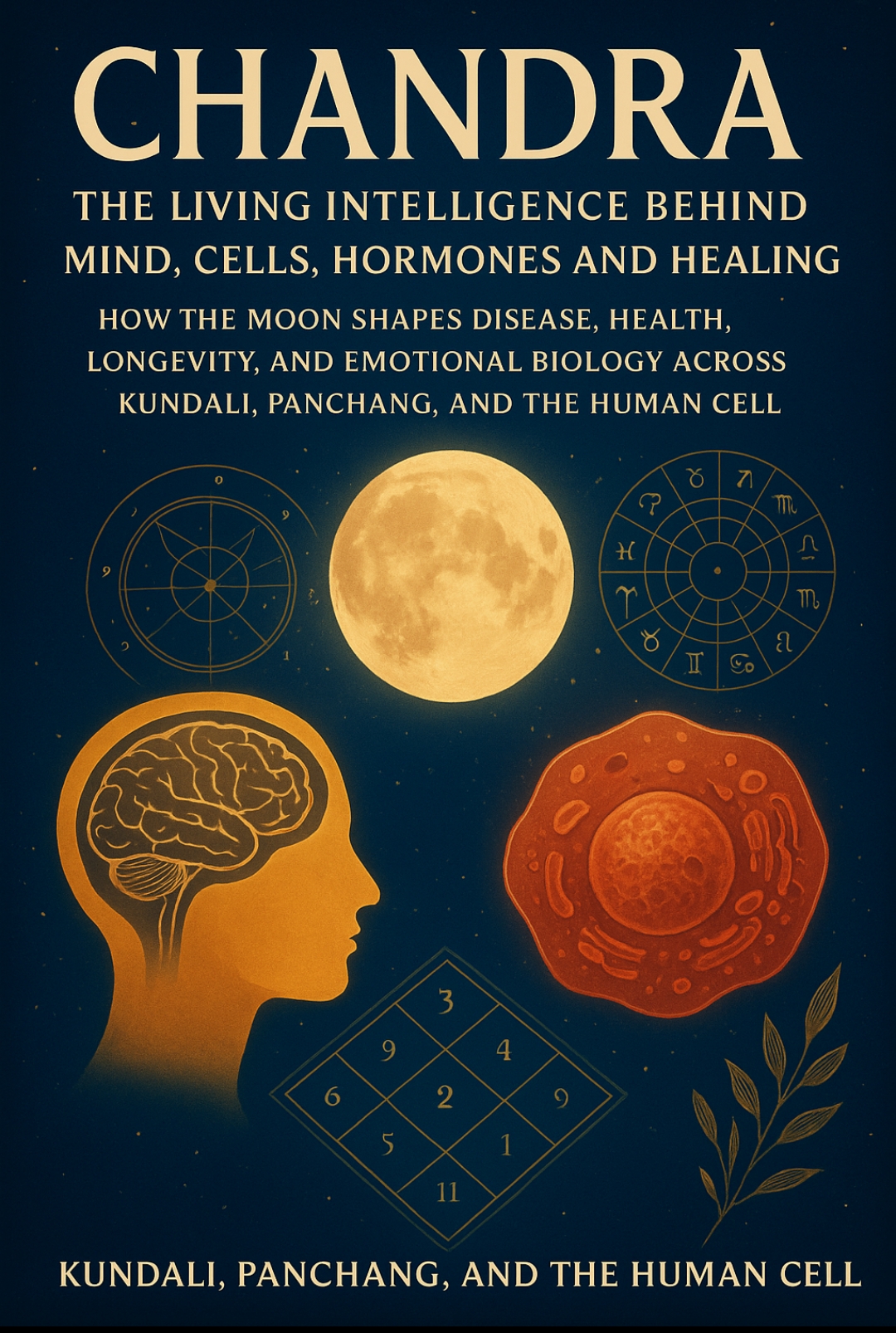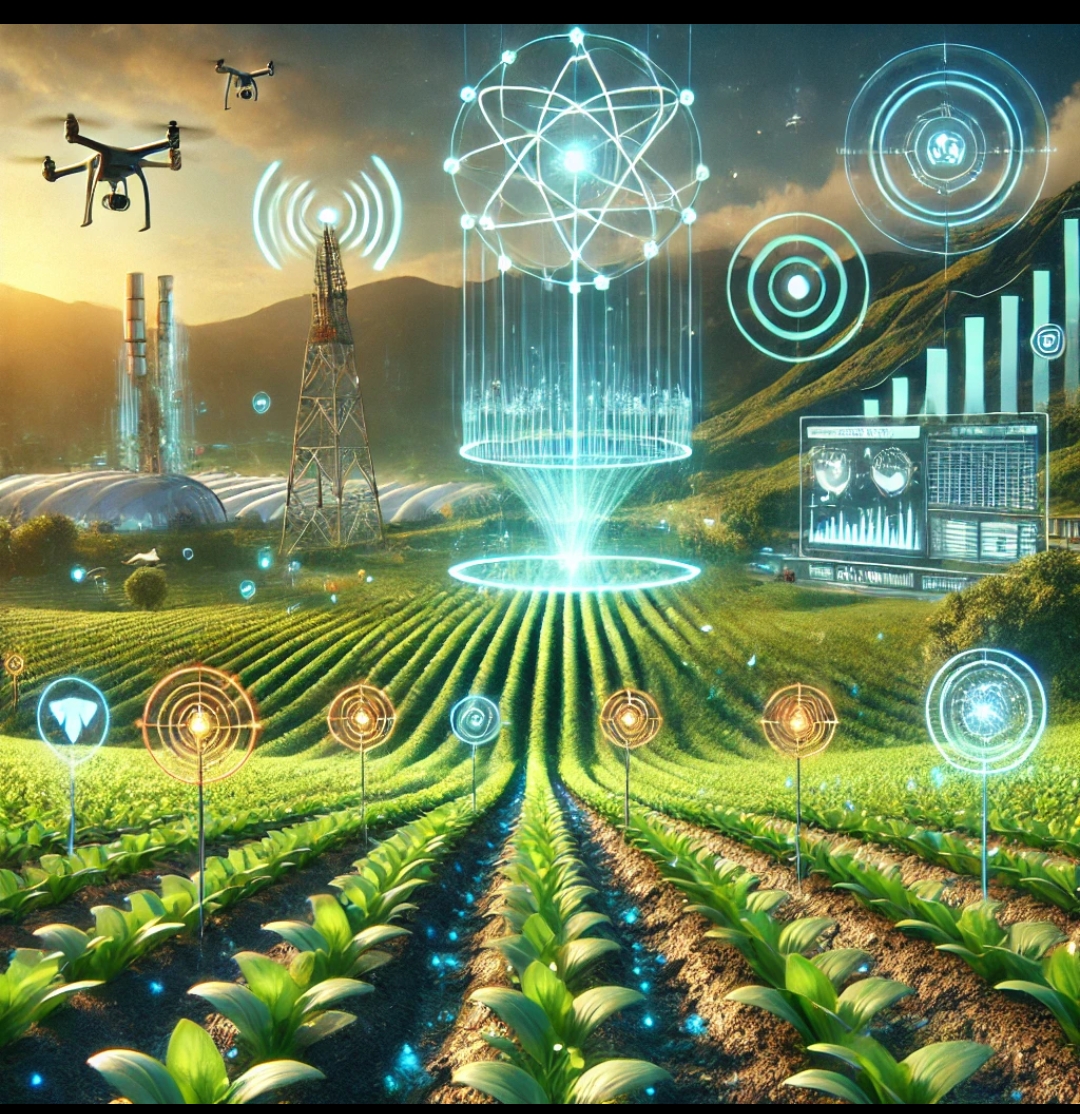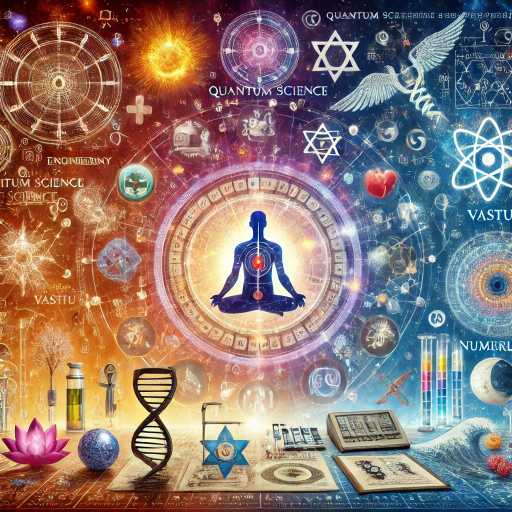Leveraging Professional Roles to Foster Sustainable Development: Contributions to the Sustainable Development Goals in the Workplace
KSS Kanhaiya [ORCID: 0000-0001-9117-1654]
Abstract
This paper explores the potential for professionals from various sectors to contribute to the Sustainable Development Goals (SDGs) within the context of their work. With the 2030 Agenda for Sustainable Development as a global blueprint for addressing social, economic, and environmental challenges, professionals possess a unique opportunity to drive sustainable development through their roles and responsibilities. This paper examines the ways in which professionals can actively engage with the SDGs, leveraging their expertise, networks, and influence to promote positive change. Through the adoption of sustainable practices, ethical decision-making, collaboration with stakeholders, and overcoming challenges, professionals can play a pivotal role in achieving the SDGs and creating a more sustainable future.
Keywords: Sustainable development Goals (SDGs), Professional roles, Contributions, Workplace, Integration, Challenges, Strategies
JEL classifications: Q01, M14
Introduction
The Sustainable Development Goals (SDGs) adopted by the United Nations in 2015 provide a comprehensive framework to address pressing global challenges, ranging from poverty eradication to climate change mitigation. Achieving these goals by 2030 requires a collective effort across all sectors of society. Professionals, with their diverse skill sets and positions of influence, have a significant role to play in advancing sustainable development. This paper explores the various avenues through which professionals can contribute to the SDGs while fulfilling their work responsibilities.
The Role of Professionals in Sustainable Development
Professionals play a pivotal role in driving sustainable development by virtue of their knowledge, expertise, and influence within their respective fields. As agents of change, they possess unique capabilities to integrate sustainability principles into their daily practices, decision-making processes, and organizational structures. This section explores the significance of professionals in the context of sustainable development, highlighting their potential to contribute to the achievement of the Sustainable Development Goals (SDGs) through their collective efforts and engagement with diverse stakeholders.
Professionals as Change Agents
Professionals occupy unique positions that enable them to drive change within their respective fields. They possess specialized knowledge and expertise, making them instrumental in designing and implementing sustainable solutions. By embracing sustainability principles and integrating them into their work, professionals can contribute to addressing societal and environmental challenges. For example, architects and urban planners can design eco-friendly buildings and cities that promote energy efficiency (SDG 7) and sustainable communities (SDG 11).
Professionals as Influencers
Professionals often hold influential positions and have extensive networks that can be leveraged to promote sustainable development. They can use their platforms to advocate for policies and practices aligned with the SDGs, influencing both internal stakeholders within their organizations and external partners. By becoming vocal advocates for sustainability, professionals can drive transformative change at both individual and systemic levels. Corporate leaders, for instance, can champion sustainability initiatives in their organizations, motivating employees and inspiring other businesses to follow suit (SDG 12).
Integrating Sustainable Practices in Professional Work
The integration of sustainable practices in professional work is a critical pathway towards achieving sustainable development objectives. This section delves into the multifaceted aspects of embedding sustainability within professional roles and responsibilities. It examines the importance of incorporating sustainable practices throughout the entire value chain, from procurement to production, distribution, and consumption. Additionally, it explores the adoption of sustainable technologies, innovative approaches, and green strategies as means to enhance resource efficiency, mitigate environmental impacts, and foster long-term sustainability across various sectors.
Sustainable Procurement and Supply Chains
Professionals involved in procurement and supply chain management can promote sustainable practices by integrating environmental and social criteria into supplier selection processes. By favouring suppliers who adhere to responsible sourcing, fair labour practices, and environmental standards, professionals contribute to SDG 12 (Responsible Consumption and Production) and SDG 8 (Decent Work and Economic Growth). They can also work towards establishing transparent supply chains, ensuring the traceability and ethical sourcing of products (SDG 16).
Energy Efficiency and Resource Conservation
Professionals working in energy-intensive sectors can contribute to SDG 7 (Affordable and Clean Energy) by adopting energy-efficient technologies and promoting renewable energy sources. Additionally, professionals can encourage resource conservation by implementing waste reduction strategies, recycling initiatives, and water management systems, thereby supporting SDG 12 and SDG 6 (Clean Water and Sanitation). For example, engineers and facility managers can implement energy-efficient systems in buildings, reducing carbon emissions (SDG 13).
Responsible Finance and Investment
Professionals in the finance and investment sector can contribute to sustainable development by incorporating environmental, social, and governance (ESG) factors into investment decisions. Through responsible finance practices, professionals can direct capital towards projects and enterprises that align with the SDGs, fostering sustainable economic growth (SDG 8) and combating climate change (SDG 13). They can promote impact investing and support businesses focused on clean technologies, renewable energy, and social entrepreneurship.
Ethical Decision-Making and Corporate Social Responsibility
Ethical decision-making and corporate social responsibility (CSR) are fundamental components of sustainable development. In this section, the focus is on the moral and social dimensions of professional roles in relation to sustainability. It examines the ethical considerations and dilemmas that professionals often encounter, emphasizing the importance of aligning organizational values with sustainable principles. Moreover, it explores the role of CSR in promoting responsible business practices, addressing societal needs, and creating shared value. The section also discusses the significance of transparency, accountability, and stakeholder engagement in ensuring ethical decision-making and sustainable outcomes.
Ethical Leadership
Professionals in leadership positions have the opportunity to shape organizational cultures and values. By adopting ethical leadership practices and integrating sustainability considerations into decision-making processes, professionals can promote responsible business practices and contribute to SDG 16 (Peace, Justice, and Strong Institutions). They can establish ethical codes of conduct, encourage transparency, and ensure compliance with social and environmental standards.
Corporate Social Responsibility (CSR)
Through the implementation of CSR initiatives, professionals can ensure their organizations operate in a socially and environmentally responsible manner. By aligning business strategies with the SDGs and engaging in philanthropic activities, professionals contribute to various goals, such as SDG 1 (No Poverty), SDG 2 (Zero Hunger), and SDG 4 (Quality Education). They can initiate community development projects, support education and healthcare programs, and promote diversity and inclusion within their organizations.
Collaboration and Partnerships
Collaboration and partnerships among professionals, organizations, and stakeholders are crucial for advancing sustainable development agendas. This section examines the value of collaborative approaches in leveraging expertise, resources, and knowledge across sectors and disciplines. It explores the potential benefits of public-private partnerships, multi-stakeholder initiatives, and cross-sector collaborations in driving sustainable solutions and addressing complex challenges. Furthermore, it highlights the importance of inclusive and participatory processes, fostering trust, and building synergistic relationships to enhance the collective impact of professionals and organizations in achieving the SDGs.
Multi-Stakeholder Engagement
Professionals can drive sustainable development by fostering collaboration and partnerships with stakeholders, including governments, NGOs, communities, and other organizations. By working collectively towards common goals, professionals can address complex challenges that require interdisciplinary approaches, contributing to SDG 17 (Partnerships for the Goals). They can participate in multi-stakeholder platforms, joint initiatives, and policy dialogues to find innovative solutions and amplify their impact.
Collaboration with NGOs and civil society organizations
Professionals can engage in partnerships with NGOs and civil society organizations that are working towards the SDGs. This collaboration can involve joint initiatives, knowledge sharing, and resource mobilization. By leveraging the expertise and networks of these organizations, managers and legal professionals can amplify their impact on sustainable development.
Collaboration with government agencies
Professionals can work closely with government agencies to advocate for sustainable policies and regulations. They can contribute to the development and implementation of laws that support the SDGs. By collaborating with governments, they can also access resources, incentives, and support for sustainable initiatives.
Collaboration with industry peers
Professionals can collaborate with their industry peers to share best practices, develop industry-wide sustainability standards, and promote collective action. By working together, they can drive systemic change and ensure that sustainable practices become the norm within their sectors.
Knowledge Sharing and Capacity Building
Professionals can contribute to the SDGs by sharing their expertise and knowledge with others. By participating in capacity-building initiatives, mentoring programs, and knowledge-sharing platforms, professionals can empower individuals and organizations to embrace sustainable practices and contribute to the goals. They can organize workshops, training sessions, and awareness campaigns to educate their peers and stakeholders about sustainability-related issues.
Opportunities for some specific professionals
Business managers, Teachers, professors, authors, finance professionals, and legal professionals have distinct roles and responsibilities that provide them with unique opportunities to foster sustainable development and contribute to the SDGs within their respective fields. This section explores the specific ways in which these professionals can leverage their expertise and positions to drive sustainable change.
Business Managers
Business managers, as decision-makers within organizations, can influence sustainable practices and contribute to the SDGs. They can contribute in the following ways:
- a) Sustainable business strategies: Managers can develop and implement sustainable business strategies that align with the SDGs. This involves integrating sustainability considerations into core business operations, such as supply chain management, product development, and resource allocation. By setting sustainability goals and measuring performance, managers can ensure that their organizations contribute to the SDGs, such as SDG 12 (Responsible Consumption and Production) and SDG 8 (Decent Work and Economic Growth).
- b) Corporate Social Responsibility (CSR): Managers can drive CSR initiatives that promote sustainable development goals. This includes supporting social and environmental causes, engaging in philanthropy, and building partnerships with NGOs and community organizations. By integrating CSR into the core values and operations of the organization, managers can contribute to various SDGs, such as SDG 1 (No Poverty), SDG 3 (Good Health and Well-being), and SDG 5 (Gender Equality).
- c) Employee engagement and education: Managers can foster a culture of sustainability within their organizations by engaging and educating employees. This involves providing training on sustainable practices, encouraging employee participation in sustainability initiatives, and recognizing and rewarding sustainable behaviors. By empowering employees to embrace sustainability, managers can contribute to SDG 4 (Quality Education) and SDG 17 (Partnerships for the Goals).
Teachers
Teachers play a critical role in shaping the minds and values of future generations. By incorporating sustainability principles into their teaching methods and curriculum, teachers can instil a sense of environmental consciousness and social responsibility in their students. They can:
- a) Integrate sustainability across disciplines: Teachers can incorporate sustainability concepts into various subjects, such as science, social studies, and literature. This can involve discussing environmental issues, exploring sustainable solutions, and promoting critical thinking and problem-solving skills related to sustainable development.
- b) Promote experiential learning: Teachers can organize field trips, community service projects, and practical activities that expose students to real-world sustainability challenges. This hands-on approach enables students to understand the interconnectedness between their actions and sustainable development goals.
- c) Foster environmental stewardship: Teachers can encourage sustainable behaviours within their classrooms, such as waste reduction, energy conservation, and responsible consumption. By modelling sustainable practices, teachers can inspire their students to adopt environmentally friendly habits.
Professors
Professors have a unique platform to influence both students and the academic community. Through their research, teaching, and mentorship, professors can contribute to sustainable development in the following ways:
- a) Research and innovation: Professors can focus their research efforts on addressing key sustainability challenges, developing sustainable technologies, and exploring new approaches for achieving the SDGs. Their research findings can inform policy decisions and contribute to sustainable practices in various sectors.
- b) Curriculum development: Professors can contribute to sustainability education by integrating relevant concepts, case studies, and research into their courses. They can also develop specialized courses or programs focused on sustainable development, environmental studies, or social entrepreneurship.
- c) Mentoring and guidance: Professors can serve as mentors and advisors to students interested in pursuing careers related to sustainable development. By providing guidance and support, professors can help shape the next generation of sustainability leaders and professionals.
Authors
Authors have the power to shape public opinion, raise awareness, and inspire action through their writings. They can contribute to sustainable development by:
- a) Writing about sustainability issues: Authors can use their storytelling abilities to shed light on environmental, social, and economic challenges and propose sustainable solutions. Through fiction, non-fiction, or academic writing, they can raise awareness and promote dialogue on sustainability topics.
- b) Communicating complex concepts: Authors can simplify complex sustainability concepts and make them accessible to a wider audience. By translating scientific research and policy frameworks into engaging narratives, they can foster understanding and engagement with sustainability issues.
- c) Advocacy and thought leadership: Authors can use their influence to advocate for sustainable practices and policies. They can participate in public discourse, write opinion pieces, and collaborate with other professionals to promote sustainable development goals.
Finance Professionals
Finance professionals, including bankers, investors, and financial advisors, have the ability to drive sustainable development through responsible finance practices. They can contribute to the SDGs by:
- a) Integrating environmental, social, and governance (ESG) factors: Finance professionals can incorporate ESG considerations into investment decisions and risk assessments. By evaluating the sustainability performance of companies and projects, they can direct capital towards investments that align with the SDGs, such as renewable energy, clean technologies, and social impact initiatives.
- b) Developing sustainable financial products: Finance professionals can design and promote sustainable financial products, such as green bonds, microfinance schemes, and impact investing funds. These products provide opportunities for individuals and organizations to invest in projects that address sustainable development challenges.
- c) Engaging in shareholder activism: Finance professionals can exercise their influence as shareholders to advocate for sustainability-related resolutions in companies. They can push for greater transparency, responsible supply chains, and sustainable business practices.
Legal Professionals
Legal professionals have a crucial role in ensuring that businesses operate within the boundaries of the law and promote sustainable development. They can contribute in the following ways:
- a) Compliance with environmental regulations: They can ensure that businesses comply with environmental regulations and laws. This involves advising businesses on sustainable practices, conducting environmental impact assessments, and representing clients in environmental litigation. By promoting compliance, legal professionals contribute to SDG 6 (Clean Water and Sanitation), SDG 13 (Climate Action), and SDG 15 (Life on Land).
- b) Contracting and negotiations: They can draft contracts and negotiate agreements that incorporate sustainability clauses. This includes provisions related to responsible sourcing, environmental impact mitigation, and social responsibility. By integrating sustainability into contractual agreements, legal professionals contribute to SDG 12 (Responsible Consumption and Production) and SDG 16 (Peace, Justice, and Strong Institutions).
- c) Policy and advocacy: They can engage in policy development and advocacy to promote sustainable practices. They can contribute to the creation and implementation of laws and regulations that support the SDGs. Legal professionals can also participate in public interest litigation and use legal mechanisms to advocate for environmental and social justice. By influencing policy, legal professionals contribute to SDG 16 (Peace, Justice, and Strong Institutions) and SDG 17 (Partnerships for the Goals).
Overcoming Challenges
While professionals have the potential to contribute significantly to the SDGs in the workplace, they face various challenges that hinder their efforts. This section examines some of the key obstacles encountered by professionals and proposes strategies to overcome these challenges, enabling them to maximize their contributions to sustainable development.
Lack of awareness
One prominent challenge faced by professionals is the lack of awareness and understanding of the SDGs and their relevance to their specific fields of expertise. Many professionals may be unfamiliar with the goals and targets outlined in the 2030 Agenda for Sustainable Development, resulting in a limited understanding of how they can align their work with the SDGs. To address this challenge, organizations and educational institutions must prioritize SDG literacy by providing training and educational programs that enhance professionals’ awareness and knowledge of the goals. This can include workshops, seminars, and online resources that promote a comprehensive understanding of the SDGs and their integration into professional practice.
Absence of frameworks
Another significant challenge is the absence of clear frameworks and guidelines for integrating sustainable practices into professional work. Without specific guidance, professionals may struggle to identify and implement sustainable solutions in their daily tasks and decision-making processes. To overcome this challenge, industry-specific best practices and standards should be developed and disseminated. These frameworks can provide professionals with practical guidelines and benchmarks to follow, enabling them to adopt sustainable practices in their respective fields. Furthermore, organizations can establish internal sustainability committees or departments to provide expertise, guidance, and support for professionals seeking to integrate sustainability into their work.
Resource constraints
Resource constraints pose yet another challenge for professionals aiming to contribute to the SDGs. Limited financial, technological, and human resources can impede the implementation of sustainable initiatives, preventing professionals from achieving significant impact. Addressing this challenge requires innovative approaches to resource allocation and utilization. Professionals should explore collaborative partnerships with external stakeholders, including governmental bodies, non-governmental organizations, and academic institutions. These partnerships can facilitate resource sharing, knowledge exchange, and financial support, enabling professionals to overcome resource constraints and implement sustainable projects effectively.
Resistance to change
Resistance to change within organizations and industries represents a significant obstacle for professionals in their quest to advance sustainable development. Established norms, practices, and organizational cultures that prioritize short-term profits over long-term sustainability goals can hinder progress. To overcome resistance to change, professionals must engage in advocacy and communication efforts to raise awareness and build consensus within their organizations. Demonstrating the economic, social, and environmental benefits of sustainable practices can help overcome resistance by showcasing the potential for improved performance, cost savings, enhanced reputation, and stakeholder engagement.
Impact Evaluation
Professionals also face challenges in measuring and evaluating the impact of their contributions to the SDGs. Quantifying sustainability outcomes and demonstrating tangible results can be complex, as the SDGs encompass a wide range of interconnected issues. To address this challenge, professionals should leverage established measurement frameworks and methodologies, such as the Global Reporting Initiative (GRI) or the Social Return on Investment (SROI) approach. These tools can help professionals assess and communicate the positive impacts of their initiatives, providing a basis for continuous improvement and accountability.
Further, professionals must recognize importance of persistence and collaboration with like-minded colleagues for overcoming the challenges. Recognizing and addressing these obstacles will be crucial in unlocking the transformative potential of professionals in achieving the SDGs and creating a sustainable future.
Conclusion
Professionals, as change agents and influencers, can make valuable contributions to the SDGs within the context of their work. By integrating sustainable practices, exercising ethical decision-making, fostering collaboration, and overcoming challenges, professionals can help achieve the goals outlined in the 2030 Agenda for Sustainable Development. Through adoption of sustainable business strategies, promotion of CSR, compliance with environmental regulations, collaboration with stakeholders, integrating sustainability into core business operations, education, and legal frameworks, conducting relevant research, writing about sustainability issues, and implementing responsible finance practices, the professionals can leverage their positions to drive positive change and foster a more sustainable future. The collective efforts of professionals across sectors are crucial for creating a sustainable and inclusive future for all. By utilizing their knowledge, skills, and platforms, they have the potential to inspire individuals, influence policies. As we navigate the path towards achieving the SDGs, professionals have the power to drive meaningful change and shape a better world for future generations.
***** ***** *****














